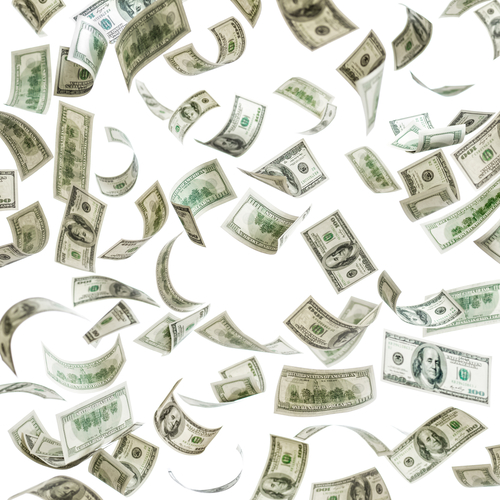It used to be for websites that needed to be competitively placed on search engines that we would strive for about a 7% keyword density of one or several search phrases per page, but now search engines are getting smarter. 7% density when you read it, is very repetitive. In…
Search Engine Optimization
-
-
Insights on Why Your Website Has Dropped Organic Placement
I found this terrific article and wanted to share it with you. It is “10 Reasons Your Site’s Search Engine Ranking Dropped” by Paul M Ventura on SitePro News. You can read the full article by clicking the article title above. Paul shows some terrific insight into why your site…
-
With Facebook and Twitter, Do You Still Need Blogging?
Many clients are now investing time and money on keeping Twitter and Facebook updated so with all of that do you still need your blog updated? Absolutely! If your blog is installed under your own domain and resides on your website server then adding to your blog benefits the organic…
-
Do Videos Help My Organic Placement?
Do videos help your website to place better on Google? Hmm, that is a good question and one that has several answers and this is mine. Yes… but. First off I would not install Flash videos unless you have to. My preferred way of showing videos is to load them…









